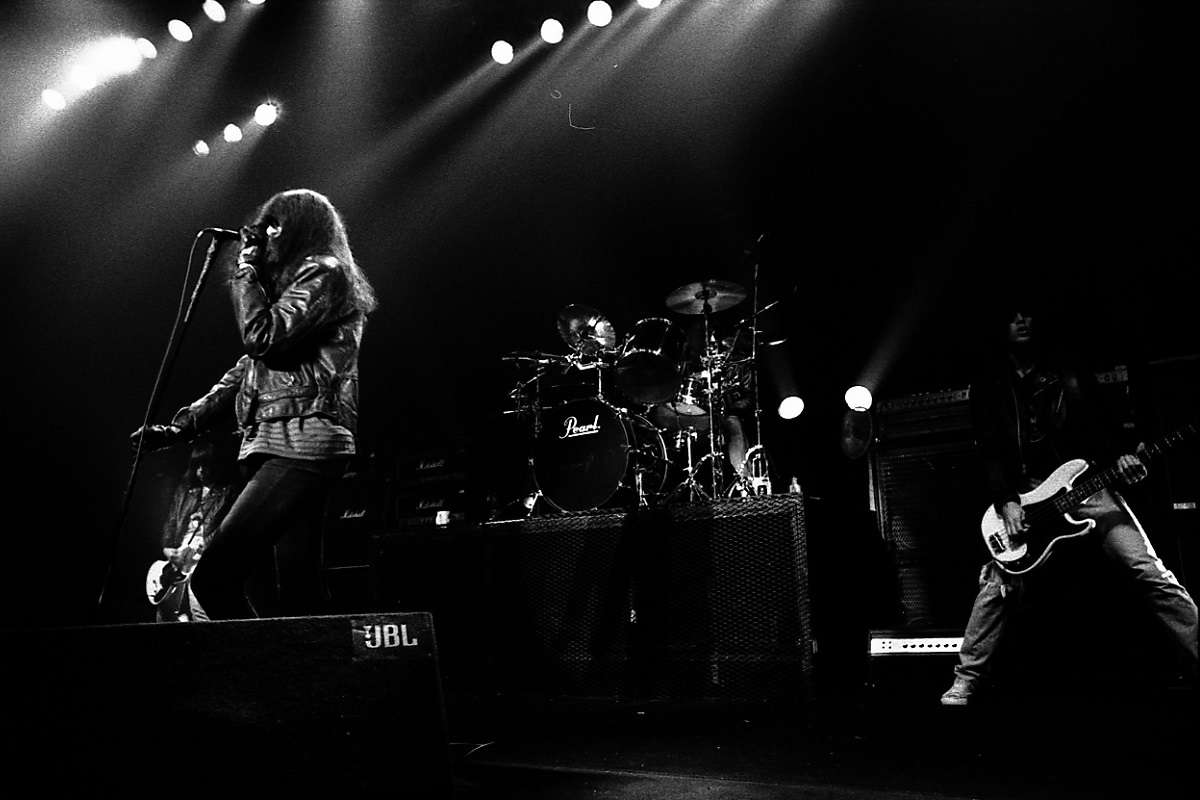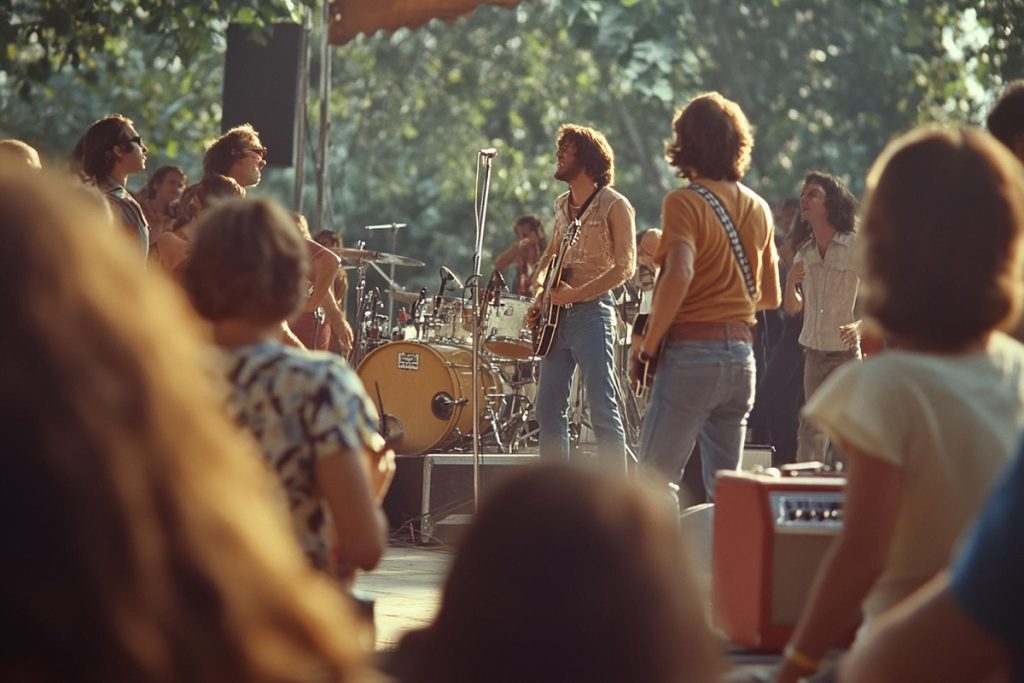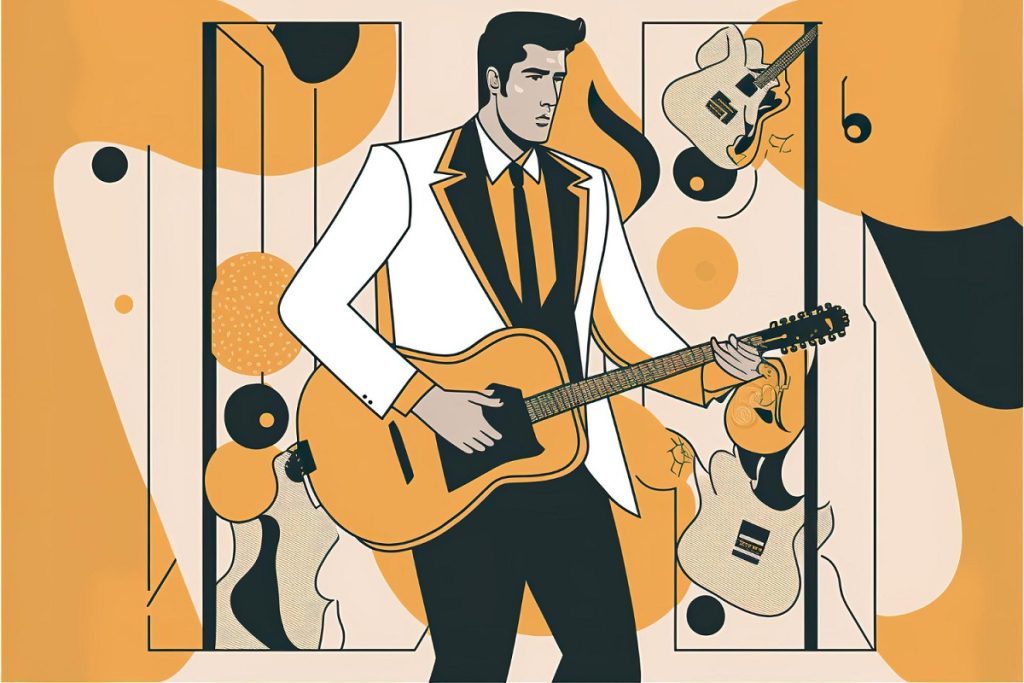In the mid-1970s, a musical revolution took place that would not only challenge the norms of rock music but also transform cultural narratives across the globe. This musical uproar was led by bands like Ramones and The Sex Pistols, marking the birth of punk rock—a genre built on raw sound, edgy lyrics, and an ethos of rebellion.
The icons of punk: significance and rebellion
Ramones:
pioneers of punk Emerging from the buzzing underground clubs of New York City, Ramones burst onto the scene in 1976 with their self-titled debut album. Tracks like “Blitzkrieg Bop” and “I Wanna Be Sedated” became anthems of disenchanted youth. With their fast, loud, and stripped-back sound, Ramones rejected the complex arrangements of mainstream rock, emphasizing simplicity and speed.
The Sex Pistols: anarchy in the UK
Across the Atlantic, The Sex Pistols were causing their own form of chaos. Their 1977 album “Never Mind the Bollocks, Here’s the Sex Pistols” was a cultural bombshell, with provocative songs like “Anarchy in the U.K.” and “God Save the Queen”. The band’s raw energy and aggressive lyrics captured the frustration and anger of a generation stifled by unemployment and societal pressure.
Cultural impact and historical significance
The influence of Ramones and The Sex Pistols extended far beyond music. They played a pivotal role in the punk subculture, which championed individuality, DIY ethics, and a skeptical view of authority and commercialism. This movement encouraged countless bands to form, influencing fashion, visual art, and literature.
Both bands became voices for disenfranchised youth, critiquing everything from economic disparity to political incompetence. In doing so, punk rock became more than just music; it was a powerful form of social commentary. Unforgettable moments and anecdotes One memorable moment for Ramones was their 1974 debut at CBGB’s in New York—a venue that would become synonymous with punk.
Despite their set lasting barely 17 minutes, it left an indelible mark on the audience and music history. As for The Sex Pistols, their infamous 1976 boat performance on the River Thames, which saw them playing “God Save the Queen” outside the Houses of Parliament during Queen Elizabeth II’s Silver Jubilee, remains one of punk’s most audacious acts.
Ramones and The Sex Pistols disrupted the music scene profoundly and permanently. Decades later, their influence is still evident in various music genres and cultural movements. Punk rock, with its ethos of raw expression and defiance, continues to inspire artists who want to challenge societal norms and express unfettered individuality.
The reverberations of their music and message demonstrate the enduring power of punk rock not just as a musical style but as a cultural phenomenon. In understanding the birth and spread of punk rock, we not only revisit a critical chapter of musical history but also celebrate the spirit of rebellion and change that continues to influence societies across the world.
Through the loud, relentless, and raw noises of bands like Ramones and The Sex Pistols, punk rock still echoes, reminding us that nothing is too sacred to question and that the power of music goes beyond mere entertainment.





